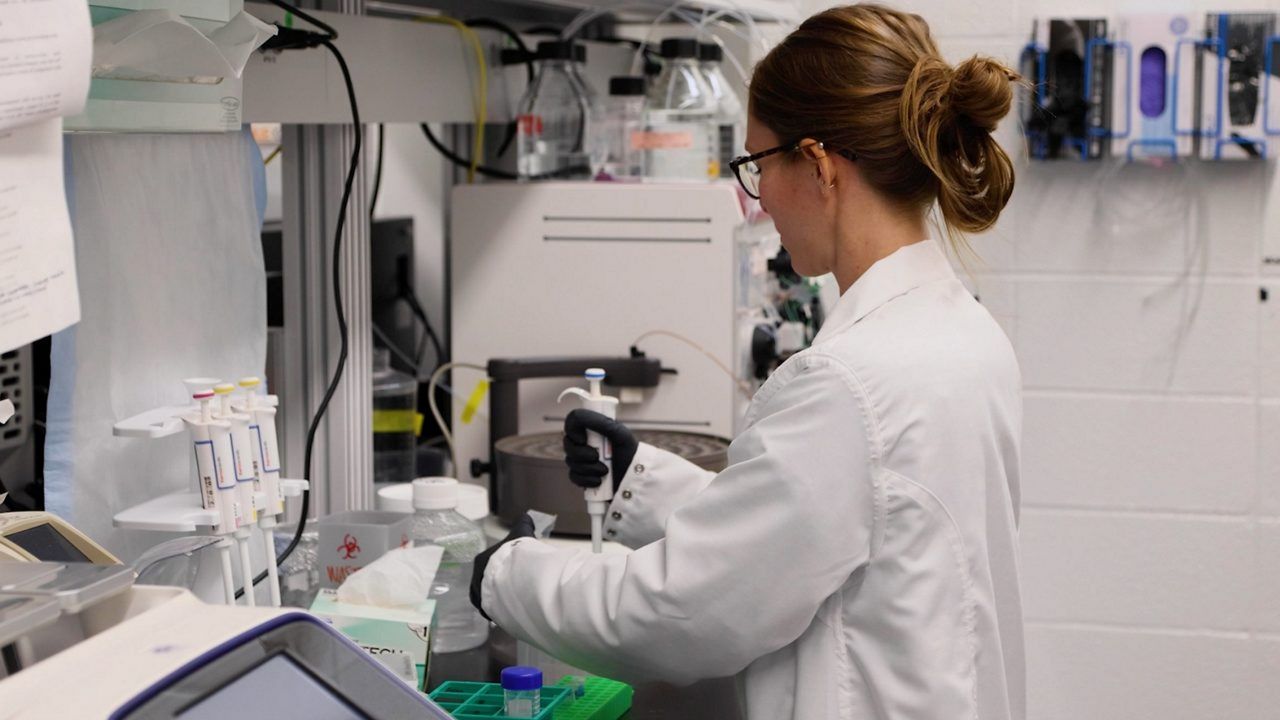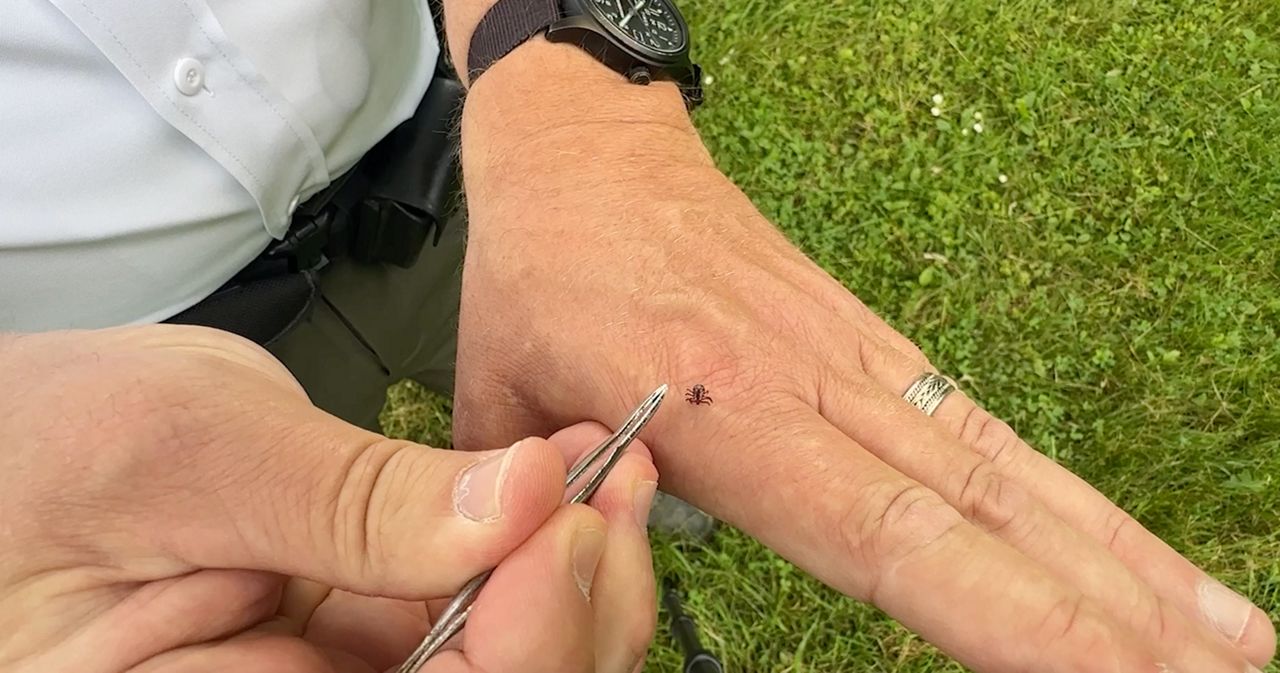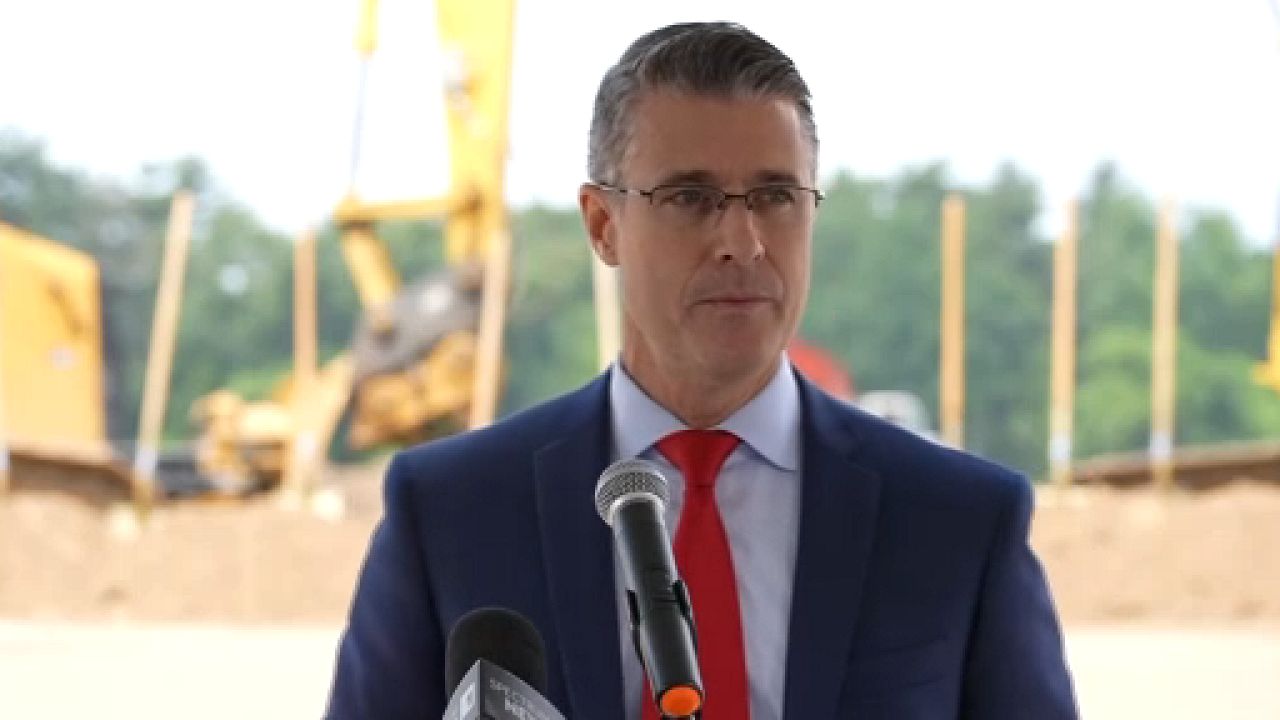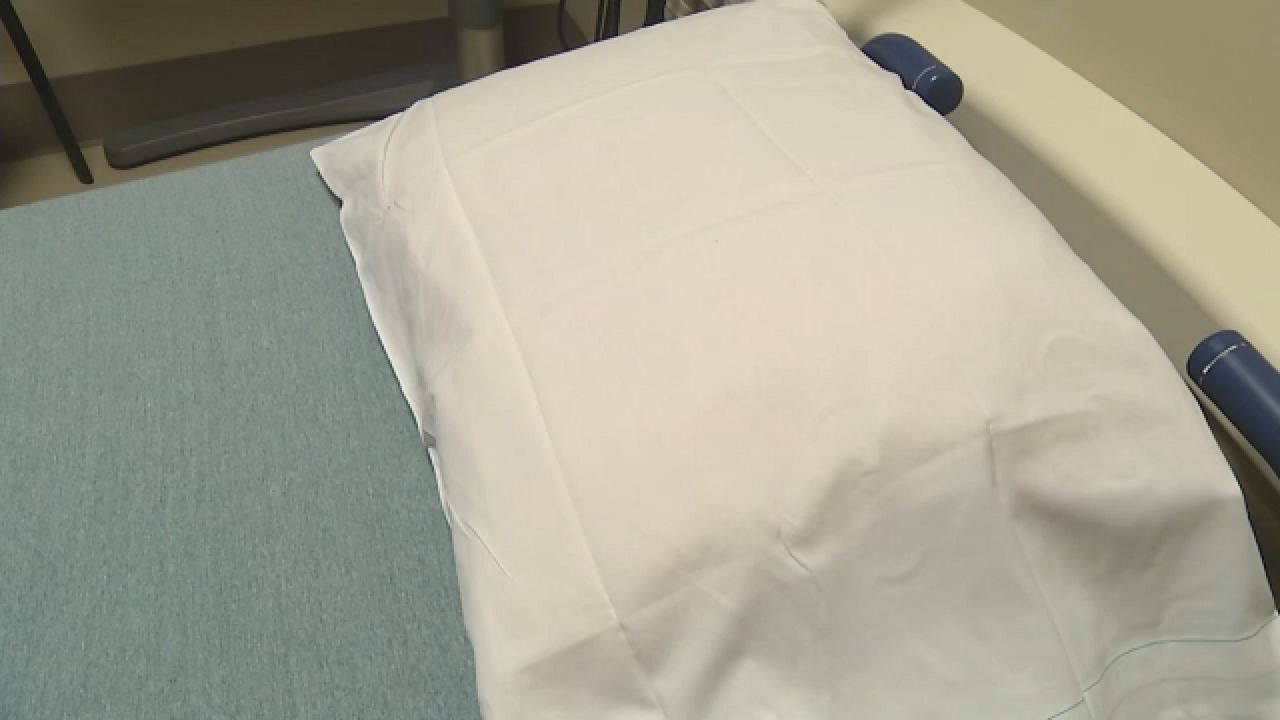Dr. Harry Miller, founding pediatrician at Four Seasons Pediatrics, loves his work. But burnout from the COVID-19 pandemic and an increase in required documentation has made it harder.
"We might be spending an hour or two after the end of the day and then go home and log in, and then do some more documentation. And then you're catching up also on weekends," said Miller.
All of those hours add up. So recently, his practice started using live virtual assistant service Hello Rache.
So in the room for each patient visit alongside Miller is Allison, a medical technologist based in the Philippines, on video call.
"They're documenting for me, and it's allowing me to focus on the patient. It's a wonderful thing," Miller said. "I can see the change in all the doctors."
His team works with eight assistants who are registered nurses, pharmacists and other medical professionals who Miller says, make the practice run more efficiently.
"It's the most exciting thing l've done in my 30 years of practice," he said.
While the benefits are major, implementing new technology always needs to be done thoughtfully, according to data privacy and cybersecurity law professor Anthony Haynes.
"In order to protect the health information of patients properly, they need to be very astute in those risk assessments," said Haynes.
Since the assistants are working out of another country, it poses concerns about international cyber breaches and the different laws in place to prevent them.
Hello Rache assistants are HIPAA-trained and bound by the Data Privacy Act of 2012 in the Philippines.
Other doctors are exploring the idea of an Al scribe.
But Haynes worries if protected health information is retained to train the system, could it then be exposed?
"Second concern is that there may be biases introduced in the training of the Al, so that when it does a transcription, it makes errors in subtle ways that have biased impacts," said Haynes.
But, with any telework or electronic documentation, Haynes said, there's a risk of a data breach. And you'd be hard-pressed to find an industry that isn't evolving technology.
"For all of us as health care patients, what we can do is rather limited because we're trusting the doctor's office with our personal information," said Haynes.
There's no reason to believe using Hello Rache meaningfully increases the chance of a data breach.
But Miller always gives his patients the option if they'd prefer to not use the service.
"There's no question it has a positive impact on quality of life and family life and in satisfaction," said Miller. "You almost need it to survive, I think, to be efficient."










